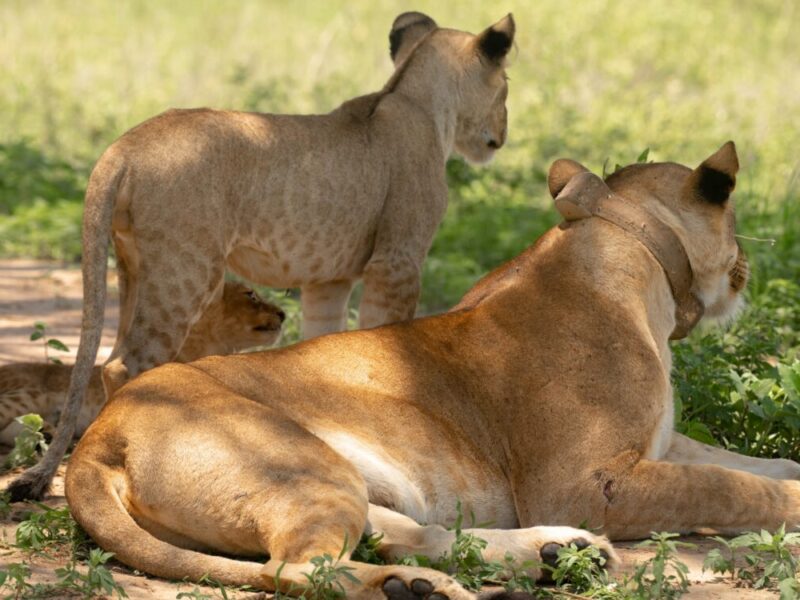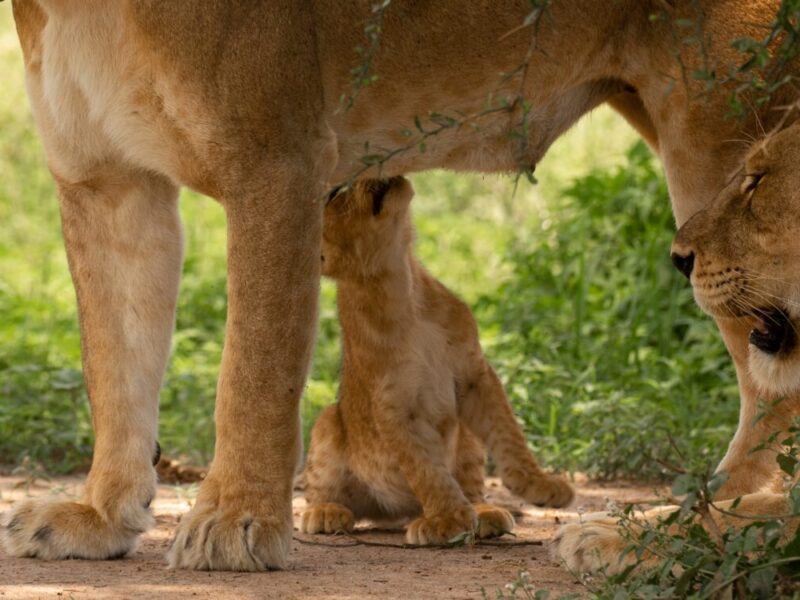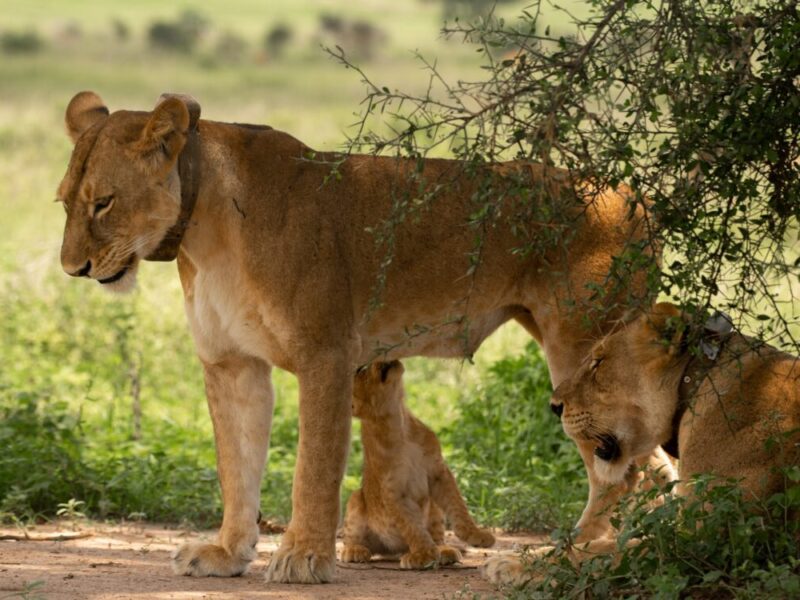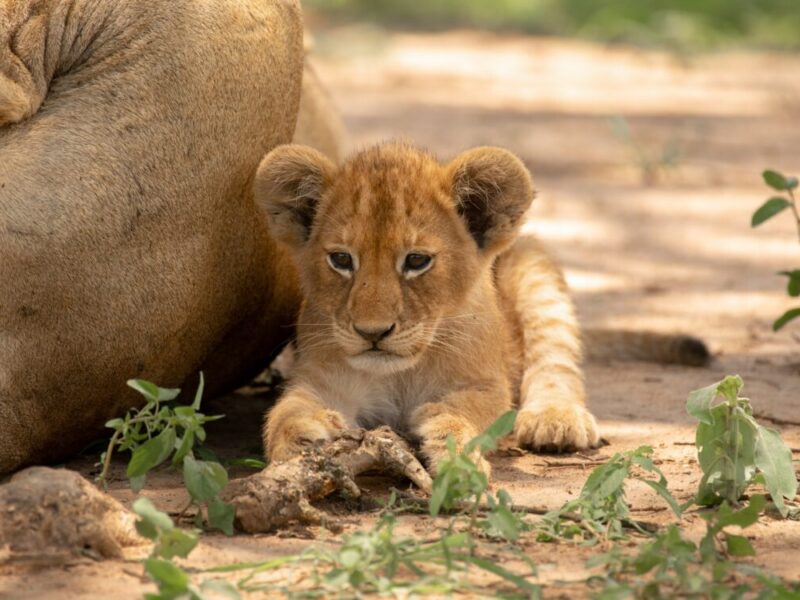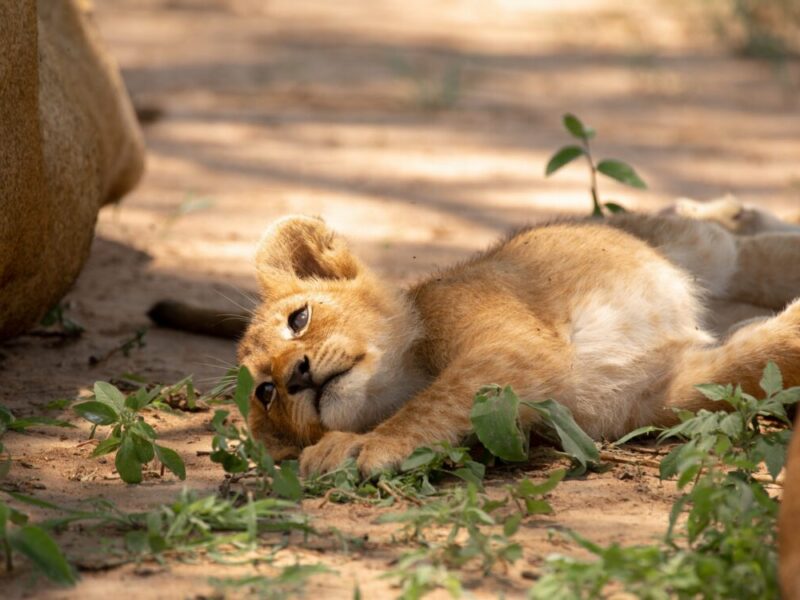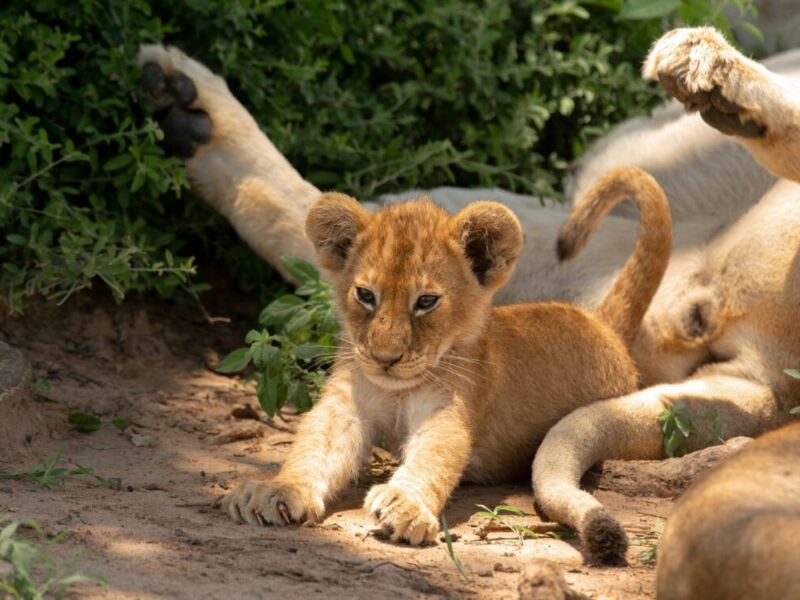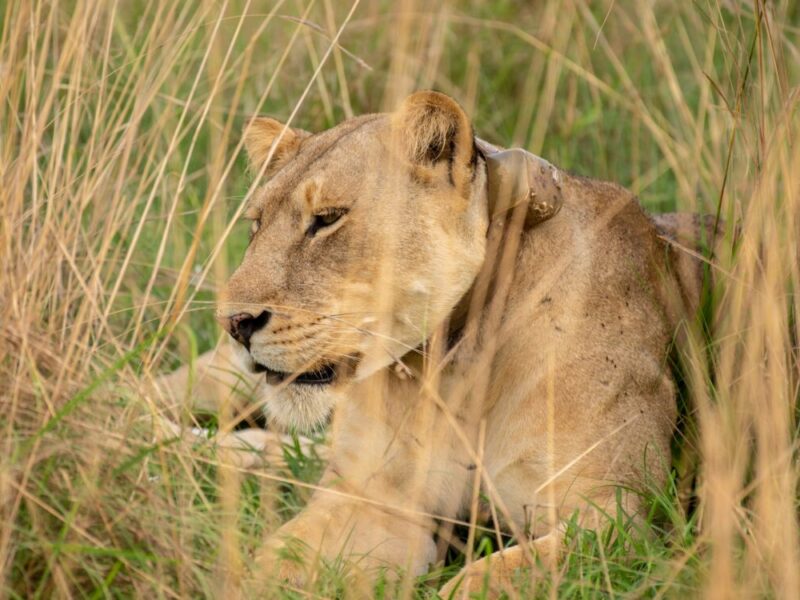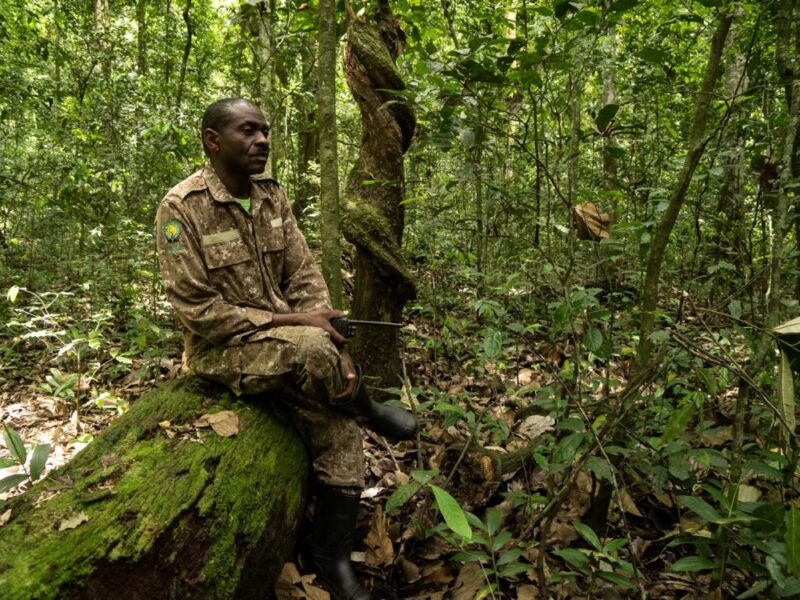THE 8 BEST Kenya Cultural Safaris (Updated 2024)
Kenya cultural safaris embark on an immersive journey into the diverse and vibrant traditions of the country’s various ethnic groups. From the Maasai people in the south to the Samburu in the north, Kenya‘s cultural richness is manifested in its communities, art, music, and ceremonies. Cultural safaris extend an invitation for travelers to engage with local traditions, learn about indigenous lifestyles, and witness the enduring heritage that shapes Kenya’s identity.
Kenya Cultural Safaris (Compare 9 Kenya Tours)
Maasai People Cultural Safaris in Kenya
The Maasai, perhaps the most iconic of Kenya’s ethnic groups, are recognized for their distinctive red attire, beadwork, and intricate jewelry. Cultural safaris often include visits to Maasai villages, offering travelers the chance to participate in traditional dances, witness rituals, and gain insights into their pastoral way of life.
Samburu People
The Samburu people, inhabiting the arid landscapes of northern Kenya, boast a rich cultural heritage. Cultural safaris to Samburu villages provide an opportunity to experience their unique music, dance, and ceremonies, as well as learn about their traditional clothing and dwelling structures.
Cultural Safaris along Coastal Regions of Kenya
Along the coastal regions of Kenya, particularly in Lamu and Mombasa, the Swahili culture flourishes. Visitors can explore ancient Swahili architecture, visit bustling markets, and enjoy the fusion of Arabic, Indian, and African influences in the local cuisine.
In western Kenya, the Luo community possesses a distinct cultural identity. Cultural safaris in this region may involve traditional storytelling sessions, music performances, and an exploration of Luo art and crafts.
Kenya hosts various cultural festivals throughout the year, celebrating the diversity of its communities. The Lamu Cultural Festival, for instance, showcases Swahili traditions, while events like the Maralal Camel Derby in Samburu blend cultural displays with sporting activities.
Cultural safaris often highlight the artistic talents of different communities. Visitors can witness traditional beadwork, wood carvings, and other crafts, gaining appreciation for the skill and cultural significance behind these creations.
Kenya Cultural Ceremonies & Weddings
Kenya’s cultural diversity is expressed through various ceremonies, such as weddings, initiations, and rites of passage. Cultural safaris may include the opportunity to witness or participate in these significant life events, offering a deeper understanding of local customs.
Music and dance play a central role in Kenyan culture. Cultural safaris often feature performances by local musicians and dancers, allowing travelers to enjoy the rhythms and melodies passed down through generations.
Kenyan cuisine varies across regions, and cultural safaris provide the chance to savor local dishes. Visitors can participate in cooking classes, sample traditional meals, and learn about the significance of different foods in various communities.
Many cultural safaris in Kenya emphasize sustainable tourism and community engagement. Travelers may have the opportunity to contribute to local conservation projects, visit community-based initiatives, and support the preservation of cultural heritage.
Conclusion
In conclusion, Kenya’s cultural safaris offer a profound exploration of the country’s diverse ethnic tapestry. From the iconic Maasai to the coastal Swahili communities, these safaris provide a deep appreciation for Kenya’s rich cultural heritage, fostering meaningful connections between travelers and the people who call this diverse country home.

